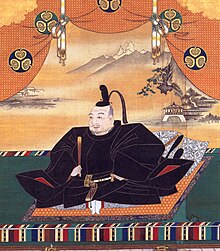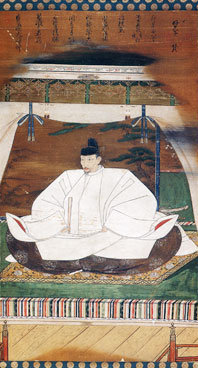Thank you very much for reading my blog. So far I have introduced you to eight great persons in Japanese history (Prince Shotoku, Emperor Kammu, Minamoto no Yoritomo, Ashikaga Yoshimitsu, Oda Nobunaga, Toyotomi Hideyoshi, Tokugawa Ieyasu and Ito Hirobumi). Are you interested in Japanese historical persons or Japanese history? I would appreciate it if you would have an interest in them. Finally, I will explain you a way to learn about historical persons. The way depends on how much you want to learn about the person. So, I will introduce three patterns of the way to learn about it.
1) To know the history of the nation or the world
If you don't want to learn about a particular person in history or you don't know who to learn, you should study the history of the nation which you feel like knowing or the world. To study the history of the nation or the world enabled you to know about many people in history. If you can find a person who you feel like studying in those people, you will do better to study about the person. But it will take much of your time to study the whole history. So you will do better to choose the period.
2) To look for a historical biographical dictionary.
If you want to study a historical person and the related persons or you want to know broad history of persons, you will do better to read biographical dictionaries about history. Most of them carried many broad people's history every period. So you can find an object of your study and you can study the related persons at the same time. Biographical dictionaries can be found in the Internet or in the libraries or bookstores. look for them if you want to read them!
3) To look for a biography of the historical person
If you want to study a person you like thoroughly, please look for the biography of the person. Biographies carry you a lot of information about the person that includes not only things everyone know but also secrets of the person. To read biographies enabled you to get much information about the person you want to study unless you don't like to read thick books.
| an example of Japanese biographical dictionary |
| an example of American biographical dictionary |




